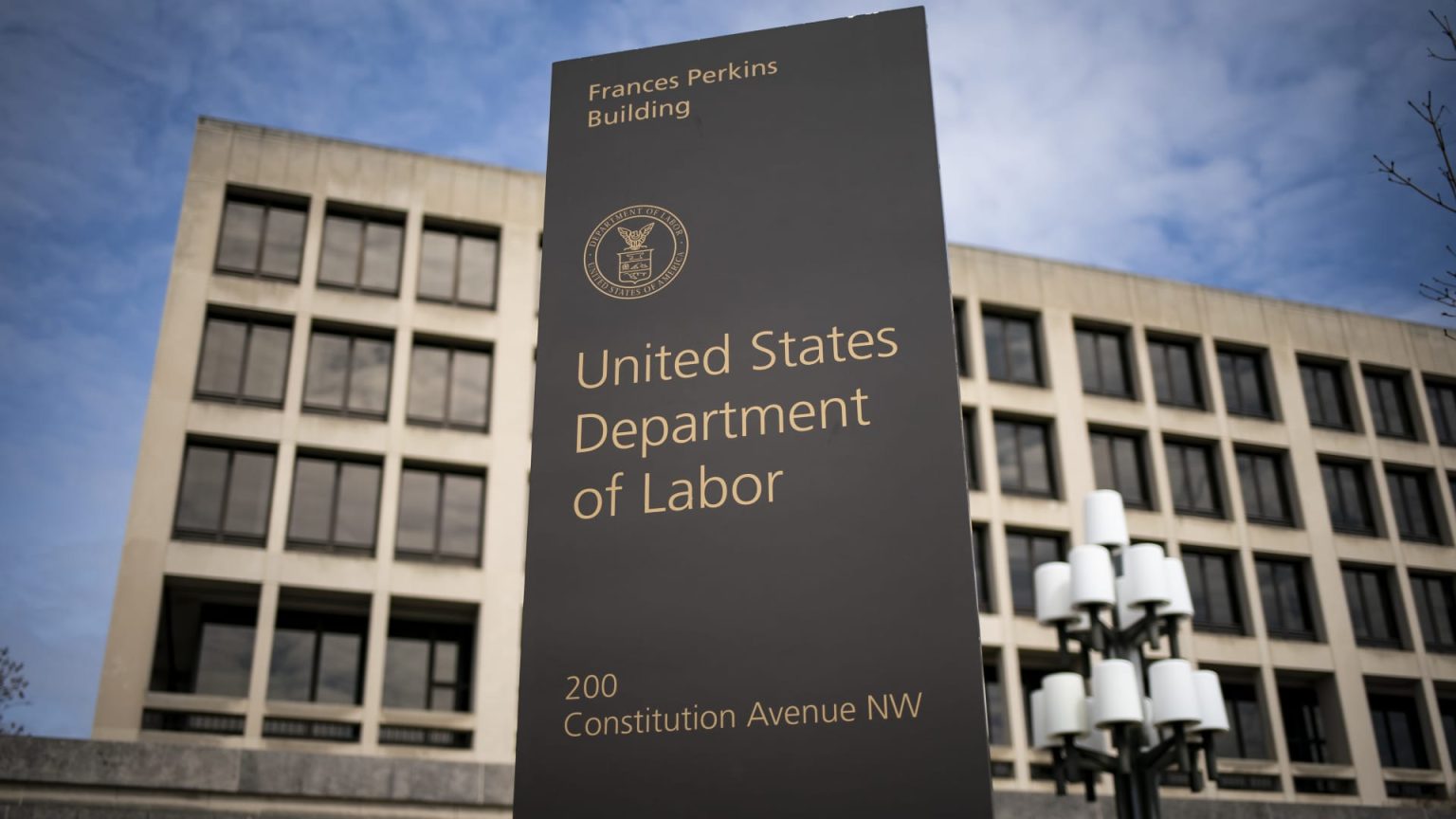The Biden administration has issued a final rule aimed at ensuring that investment recommendations provided to retirement savers are in their best interests. This regulation expands the scope of when a broker, advisor, or other intermediary must act as a fiduciary, putting the client first. The rule, effective as of September 23rd, aims to rein in conflicts of interest in retirement accounts and protect savers who may be at risk due to the lack of adequate protections under current rules.
The Department of Labor has highlighted two main areas of concern in terms of advice given to retirement savers: rollovers from 401(k) plans to individual retirement accounts and purchases of insurance products like annuities. Conflict of interest may lead financial professionals to recommend transactions that benefit them financially but are not necessarily in the client’s best interest. This can erode savings over time, with Americans estimated to lose up to $5 billion annually due to conflicts of interest related to indexed annuities alone.
The final rule largely aligns with the Biden administration’s initial proposal and will be implemented in two stages. Starting September 23rd, financial professionals must acknowledge fiduciary status when working with clients and adhere to impartial conduct standards when providing personalized investment advice. The remaining elements of the rule will come into effect in September 2025. This rule aims to protect retirement savers and ensure that advisors act prudently, loyally, truthfully, and charge reasonable fees when providing investment advice.
The significant amount of money being rolled over from 401(k)-type plans into IRAs, totaling about $779 billion in 2022, has raised concerns for the Department of Labor. The focus on rollovers comes as more baby boomers enter retirement, making these transactions more common. Industry groups, however, argue that the regulation is unnecessary and could harm retirement savers by restricting access to professional financial guidance. They point to existing regulatory schemes governed by the SEC and NAIC as offering robust consumer protections for retirement savers.
The Labor Department has sought to address concerns about the impact of the regulation on the financial industry while still protecting investors. Officials emphasized that the final fiduciary rule differs significantly from the Obama-era regulation that was overturned in court. The goal is to strike a balance that protects investors without placing an undue burden on the financial industry. The department is aiming to level the playing field in the retirement context and ensure that retirement savings are protected for all individuals.















